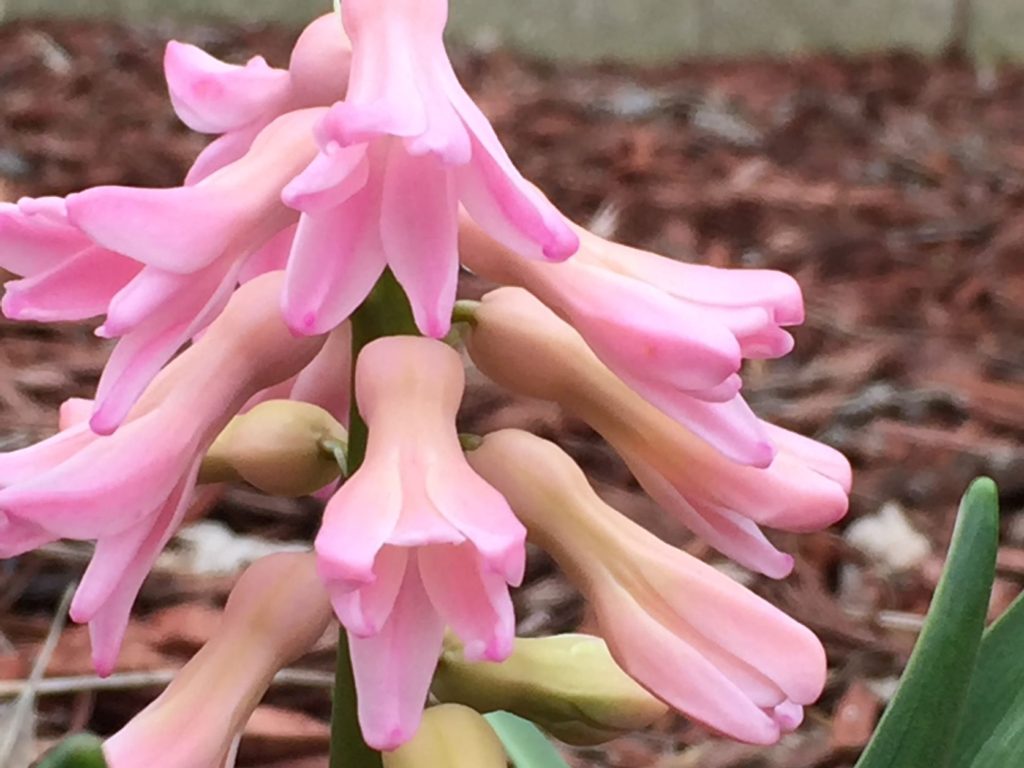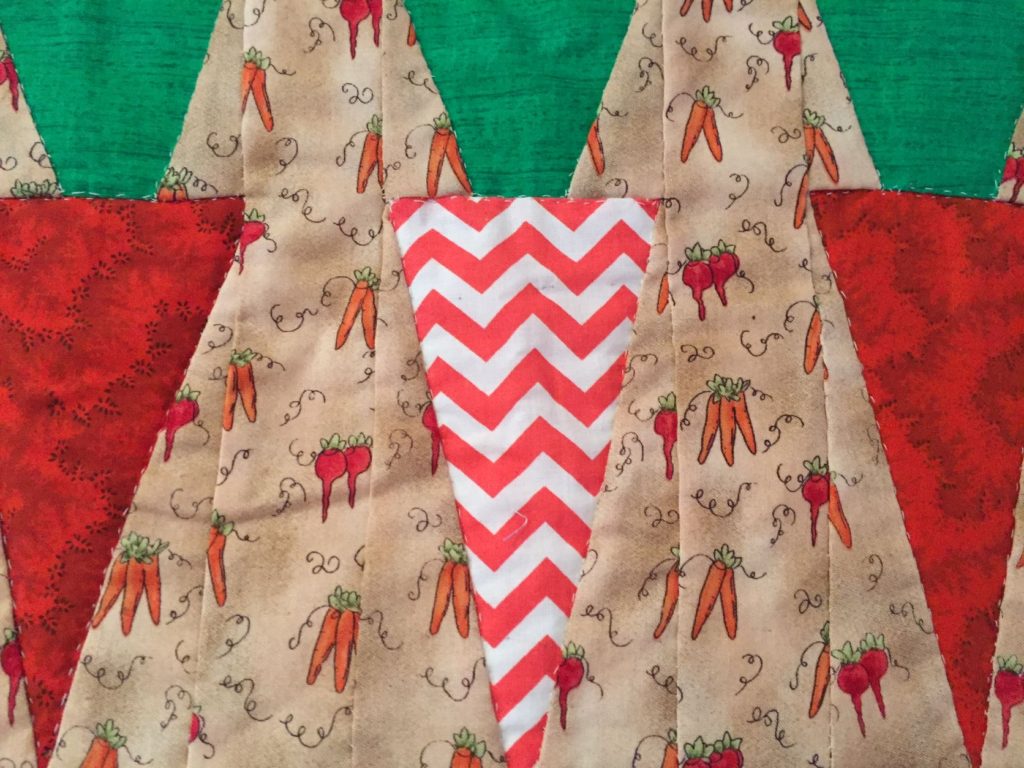
April 5, 1974
The air was soft, the ground still cold.
In the dull pasture where I strolled
Was something I could not believe.
Dead grass appeared to slide and heave,
Though still too frozen-flat to stir,
And rocks to twitch and all to blur.
What was this rippling of the land?
Was matter getting out of hand
And making free with natural law,
I stopped and blinked, and then I saw
A fact as eerie as a dream.
There was a subtle flood of steam
Moving upon the face of things.
It came from standing pools and springs
And what of snow was still around;
It came of winter’s giving ground
So that the freeze was coming out,
As when a set mind, blessed by doubt,
Relaxes into mother-wit.
Flowers, I said, will come of it.
“April 5, 1974” by Richard Wilbur from Collected Poems. © Harcourt, 2004.

Flowers will come of it, eventually. That is the promise of spring, even in the years, like this one, when it arrives on the slow boat. Richard Wilbur is a perennial favorite poet of mine. I return over and over to his surprising, supple, but never facile formal poems. He died in 2017 but in his work he lives on.

Context for My Trio of Poems, “Cinquains for Easter Morning”:
I chose the cinquain form this morning because of its containment. To me, the syllabic canvas of 2/4/6/8/2 creates an egg-like shape on the page and in the mind, too.

Happy Reading! Happy Writing! Happy Easter! LESLIE
